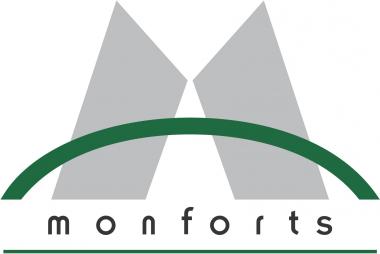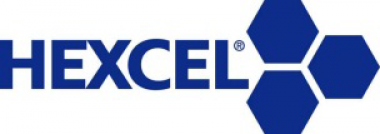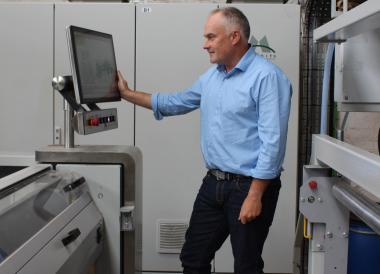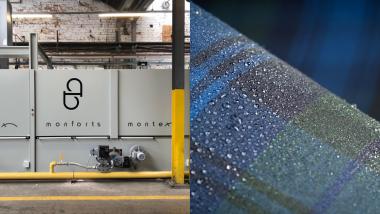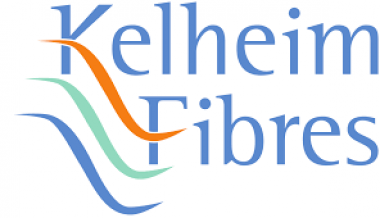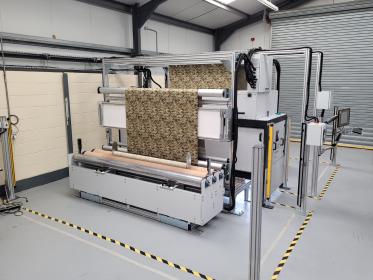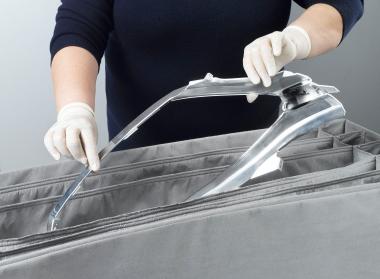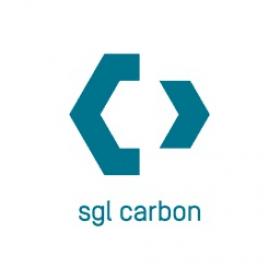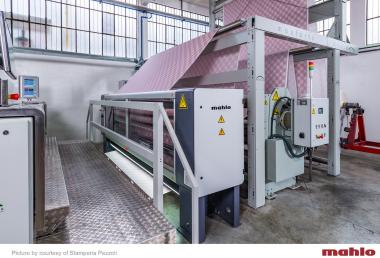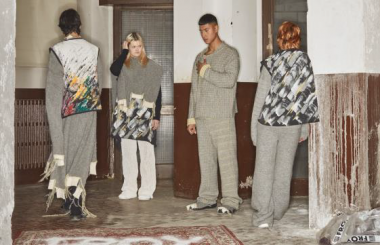Trevira CS at the Heimtextil Trade Fair 2023
- Trevira CS Joint Booth with 16 Partners
- Sustainability Presentation: Path of Sustainability
- Special Exhibition: TEXTILE TALENTS by Trevira CS
The Trevira CS® brand presents itself together with 16 top customers and partners, an exciting special exhibition, and a sustainability presentation at Heimtextil in Frankfurt from 10 to 13 January 2023. The joint booth covers an area of over 1,400 m².
Visitors can find out about innovations in the fields of yarn production, woven and knitted fabrics and interior solar shading. Once again this year, the exhibitors on the Trevira CS stand will cover all textile applications with their flame retardant product for the home textile and contract market, from light curtains to heavy upholstery fabrics.
The following Trevira CS customers and partners will be exhibiting:
Chamatex SAS, F.lli Baroni s.r.l., FIDIVI Tessitura Vergnano S.p.A., Hoftex Färberei GmbH, Ilcat by Lei Tsu s.r.l., Lodetex S.p.A., Lonfil S.r.l., Mattes & Ammann GmbH & Co. KG, Mottura S.p.A., Pozzi Arturo S.p.A., PUGI R.G. S.R.L., Tessitura Mario Ghioldi & C. s.r.l., Tintoria Sala s.r.l., Torcitura Fibre Sintetiche S.p.A., Torcitura Padana S.p.A., Vlnap a.s., Wagenfelder Spinnereien GmbH and Wintex S.r.l.
The presentations on the Trevira CS brand will focus on 2 topics. One revolves around information on sustainability: The Path of Sustainability presentation will give visitors detailed information about the various sustainability aspects of the Trevira CS brand. The information chain will deal with Trevira CS technology, particularly sustainable product variants, the longevity of the textiles, the Trevira CS eco brand for flame retardant fabrics with recycled content, and the take-back program for Trevira CS fabrics. At the end of the chain, a prototype of a new product development will be presented, giving insight into the brand’s future sustainable development opportunities.
Once again, there will also be a special exhibition. The focus here will be on showcasing the special additional functions and properties that Trevira CS fabrics offer in addition to their flame retardancy. Visitors can look forward to a special staging: It’s showtime for the TEXTILE TALENTS by Trevira CS!
For the design of the special exhibition, all Trevira CS customers were invited to submit their latest Trevira CS products, distinguished by additional functions and/or special features, to the annual Trevira CS Fabric Competition. 227 products from 50 customers were submitted, from which about 150 were selected for the special exhibition. Several thousand meters of yarn will also be used in this year's special show.
Trevira GmbH










